If we’re all perfectly honest with ourselves, then we know that Facebook has presented many privacy issues for a long time now. We’ve been writing about Facebook privacy issues since we started Cool Mom Tech in 2010. That’s nine years. NINE.
A quick search of Facebook privacy issues on our site will afford you all sorts of articles, from the creepy Facebook Nearby Friend feature, Facebook ad category settings they pick for you, and the privacy of Facebook Groups, to you know, actual stolen data courtesy of the Cambridge Analytica debacle.
All that and you’re still on Facebook? Well, we get it. We’re still there too. But in the past week, it’s gotten worse. A whole lot worse.
TechCrunch discovered that Facebook was paying teens to download an app to spy on them. ProPublica has warned that Facebook moved to block ad transparency tools. And Facebook themselves admitted they tricked kids and parents into making in-app purchases.
So, at what point will we all decide that our privacy, not to mention control over our own data, is more important than catching up on news that’s picked for us, and sharing photos and videos that most people won’t see? We certainly understand the value of being able to connect with friends and family, all in one place, but given the nature of these egregious privacy violations, particularly as they involve children, we’re definitely reevaluating our personal participation on Facebook and what we decide to share (or better, not share).
We’ve put together a helpful guide in case you do want to close your Facebook account, with various articles that provide tips and tricks for properly downloading your content and removing all of your personal info. Unfortunately, just closing your Facebook account does not remove all of your data from the system. And Wired has an excellent resource to help you replace what you might be missing with Facebook. They’ve got lots of different apps and suggestions that won’t mess with your privacy, but still allow you to share photos, connect with friends, and get your news.
And maybe, like this Vice article suggests, we should consider going back to personal websites and blogs, where the stories, photos, and videos we share are ours, and our data is not at a risk of being compromised, or at least, so blatantly and recklessly, anyway.
Photo by Thought Catalog on Unsplash
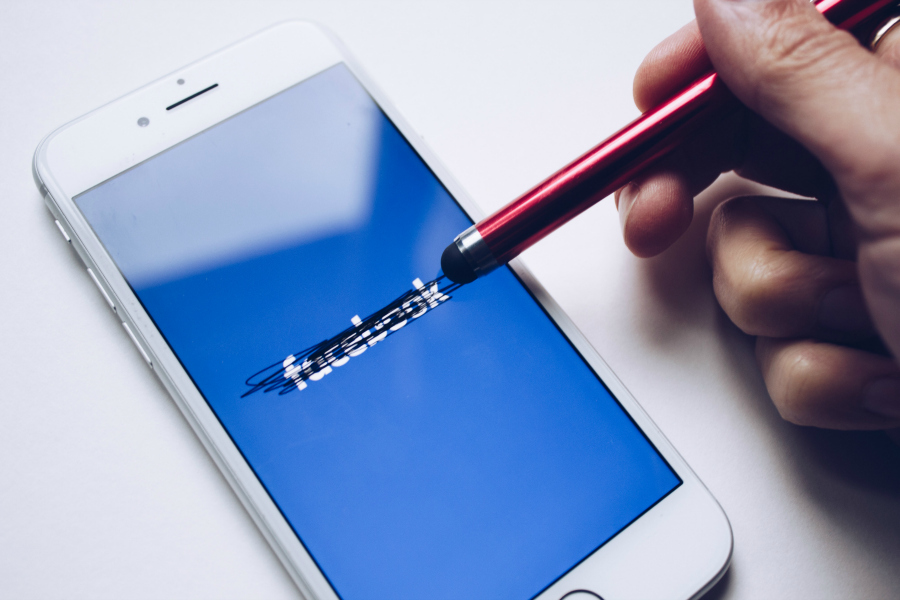
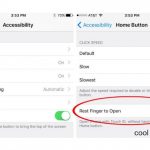







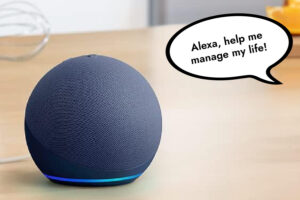
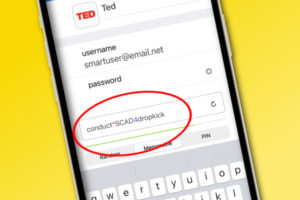
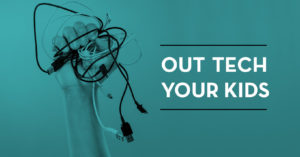
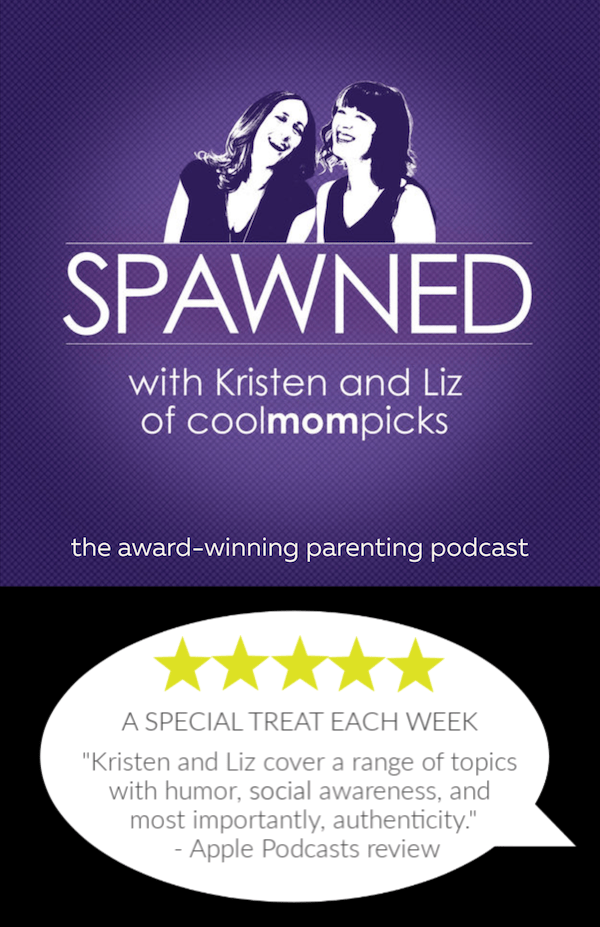

I’m starting by deleting all my photos off of FB, and OMG there are thousands. I had no idea there were this many there. This is going to be a big job.
I really want to kiss FB goodbye. But I run social media pages for a couple of companies so it makes it hard to pull the plug. I’m toying with creating a special profile just for this and deleting my real one.
I’ve switched to werstars. I tell people to check it out – I think it will really be big. It’s the coolest way I’ve seen to save moments from your life, revisit them, share in one place. You can backdate, save photos, videos. I save things like family recipes or recipes that I’ve found there and use the tag recipes to find it later. And the visual is so awesome. When you actually have a few things saved, your user page is essentially stars shining in the sky. It’s really cool.